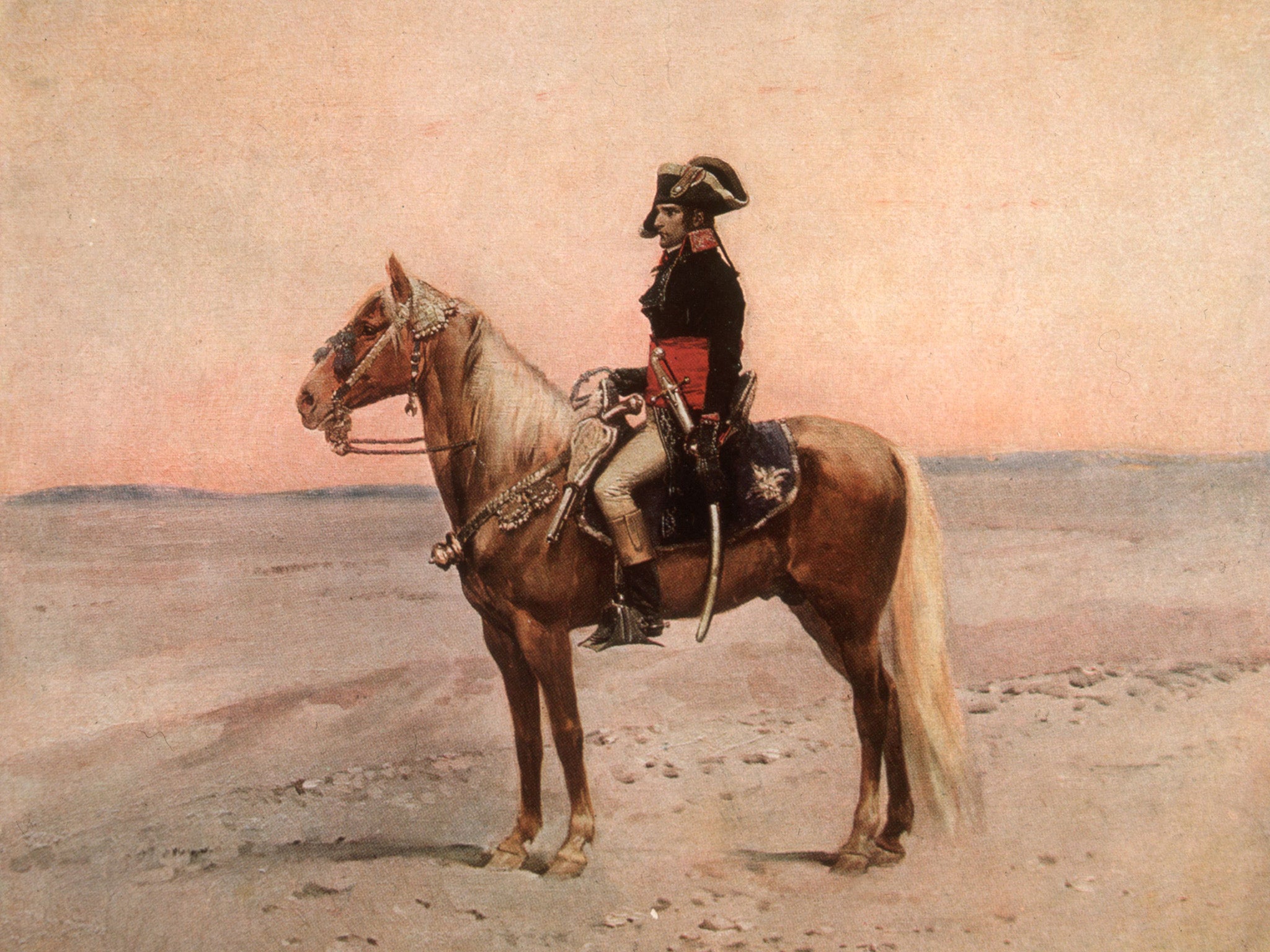In These Times: Living in Britain Through Napoleon’s Wars, 1793-1815 by Jenny Uglow, book review: I learned a huge amount
Uglow’s impeccably researched, immensely detailed, brick-sized book is mainly focused on dozens of people whose letters or diaries have survived

Apart from a few months’ ill-fated peace in 1802-3, Britain was continuously at war with France for 21 years from 1793, plus a coda at the end when Napoleon escaped from exile and raised an army with which to confront Wellington at Waterloo in 1815.
Realistic fears of imminent invasion often dogged Britain, which was also at war with the Americans for much of the time, and struggling economically. Wars are expensive, which means higher taxes. International trade is impossible. And, inevitably across two decades, bad weather sometimes caused crop failure. So how did all this affect the ordinary people?
Priscilla Gurney wrote in September 1803 from Norwich: “I think we shall be in a very unprotected state if the French should land whilst my father is away without a single man or boy to take care of us.” Beacons all round the coast were loaded with wood and piles of hay to create daytime smoke. Mr Gurney was away from home on business, but tens of thousands of men, including two of Jane Austen’s brothers, were away in the Army or Royal Navy, and there were, especially in the 1790s, many large prisons housing French prisoners of war. Press gangs were around. So were smugglers, bringing in goods which couldn’t be imported officially.
In 1797 the French advanced on Fishguard from the sea. Women armed with pitchforks awaited them on the beach. Because they put their red flannel cloaks over their heads to keep out the wind, the French mistook them for redcoats and surrendered – like something out of a comic opera. Twelve French were arrested by an amazonian stalwart named Joanna Nicholas, who marched them to Fishguard Castle, thereby winning herself an annual government pension of £50. “The women were more clamorous than the men, making signs to cut their throats,” commented one observer.
Uglow’s impeccably researched, immensely detailed, brick-sized book is mainly focused on dozens of people and families whose letters or diaries have survived: the Heber family, of Shropshire and London, for example, were clergymen and bibliophiles; William Rowbatton was an Oldham weaver; and the Longsdons were Derbyshire farmers and textile merchants. She gives us the voices of sailors, soldiers, brewers, factory boys, bankers, gunsmiths, aristocrats, and many more too.
The result is an admirably well organised book of huge scope and scale. Each chapter explores a theme which is quite short within a straightforward, coherent chronological account, so you can happily dip in to “Invasions, spies and poets” or “Panic and propaganda” for instance, although I read it straight through and found myself variously astonished (Banker, Mr Down’s leaving £150,000 after educating 14 children and marrying six daughters ); horrified (brutal navy floggings) and amused (the deaf girl who saved her father from the press gang by whacking the ganger with a dogfish).
In These Times is readably entertaining. Uglow has a great gift for historical narrative – storytelling without ever dumbing down or cutting corners. And I learned a huge amount.
Subscribe to Independent Premium to bookmark this article
Want to bookmark your favourite articles and stories to read or reference later? Start your Independent Premium subscription today.

Join our commenting forum
Join thought-provoking conversations, follow other Independent readers and see their replies